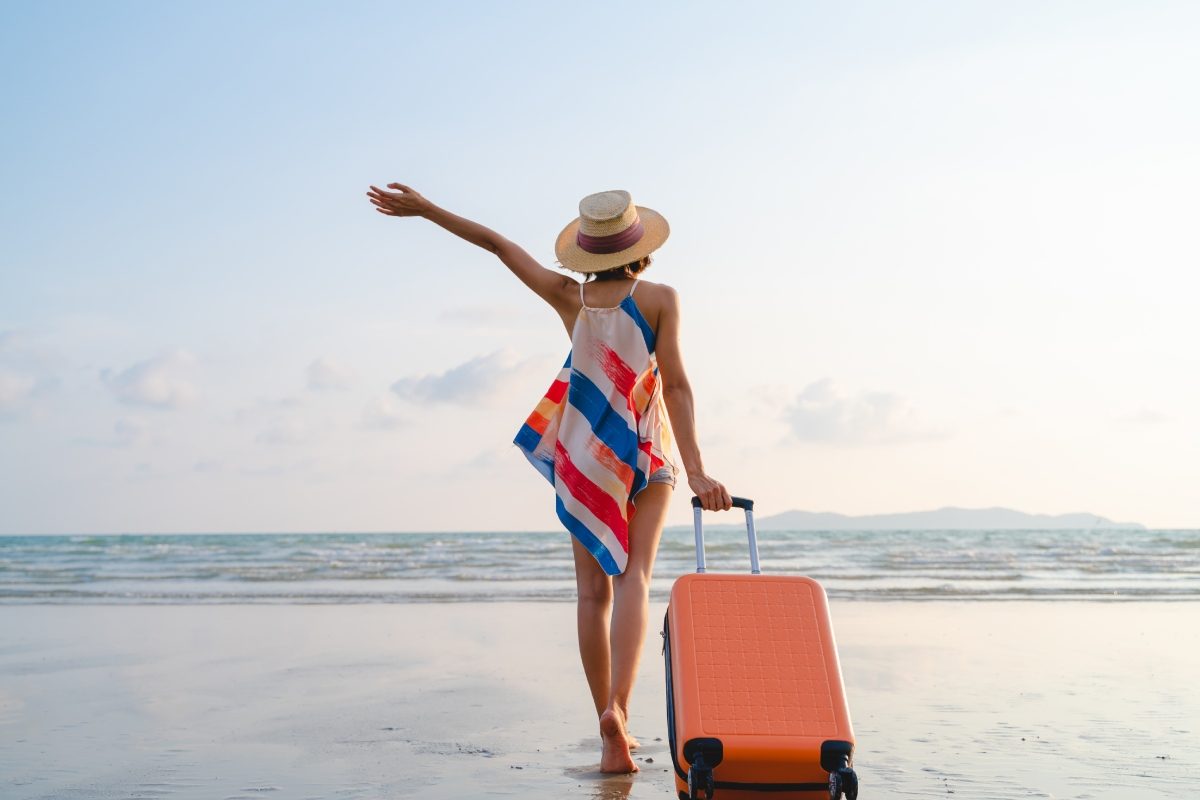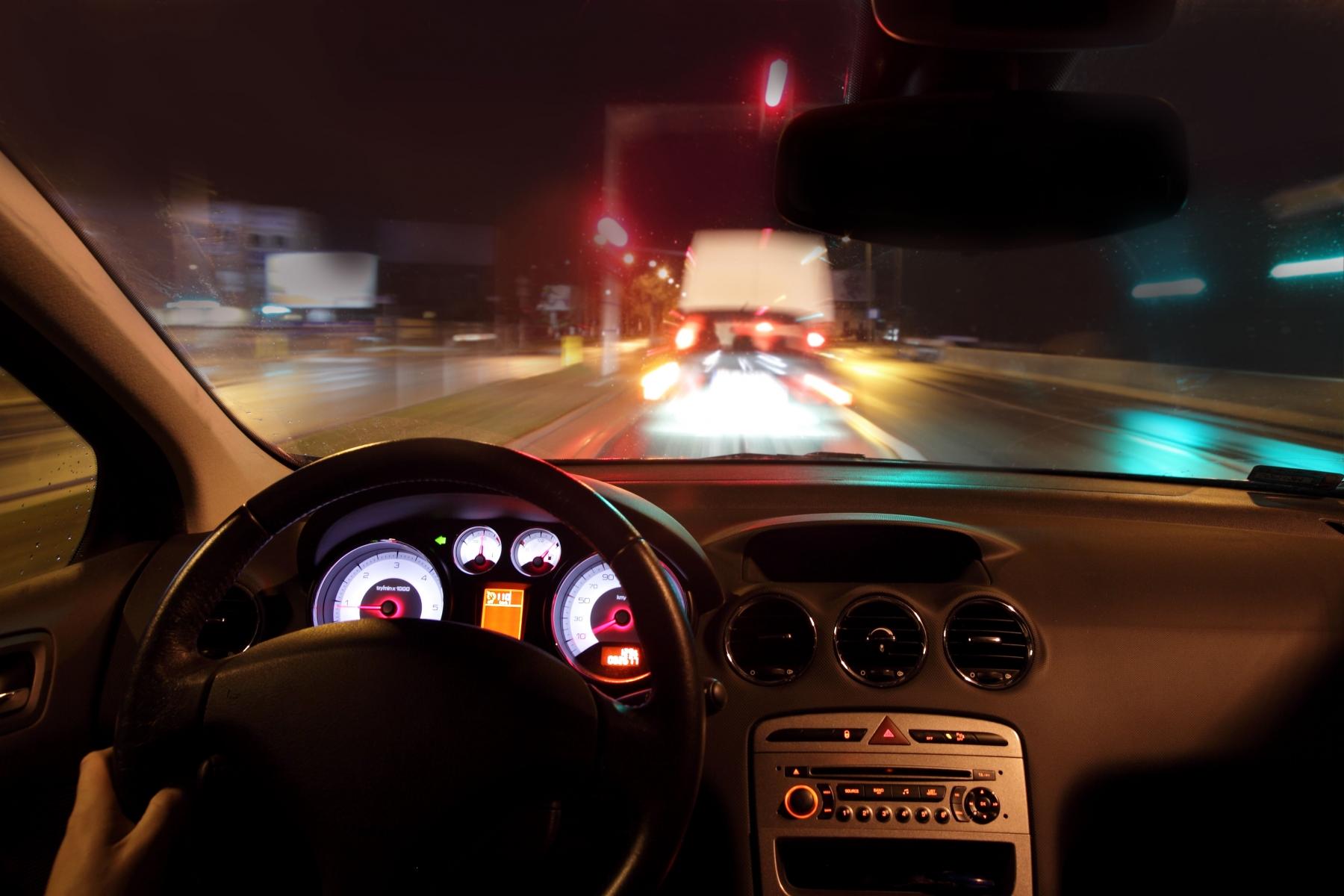
Summer is finally here, and with it comes that irresistible urge to pack a bag and see the world! We’re all dreaming of sun-drenched beaches, exploring ancient ruins, and soaking up new cultures. But, as the mercury rises and the travel season kicks into high gear, it seems things aren’t quite as smooth sailing as the glossy travel brochures might suggest. This summer, travelers are running into some genuinely wild situations, from idyllic spots overrun by trash to unexpected hurdles just trying to get through border control.
Reports from popular destinations and borders are highlighting a summer travel season marked by both tourist-created problems and systemic issues impacting the travel experience. Whether you’re planning a grand international adventure or just a quick trip, staying informed about these potential bumps in the road is key to navigating the season successfully. It’s a stark reminder that even in the pursuit of relaxation and discovery, the real world, with its challenges and complexities, travels with you.
So, buckle up! We’re taking a look at some of the most surprising and frankly, out-of-control situations tourists (and everyone else traveling) are facing this summer. Get ready for the reality behind the filtered photos, because this isn’t your average vacation guide.

1. **Tourist Incivility Leaves Paradise Buried in Rubbish**Picture this: the magical night of San Juan, often seen as the romantic start of summer, in a place as stunning as Mallorca. Now picture that turning into a “nightmare for residents and tourists” because of the sheer volume of garbage left behind. That’s exactly what happened in Caló des Moro, a spot recognized as one of the best beaches in Europe, even ranking in the top three globally by “The World’s Best Beaches” annual report. It’s a place described by the organization as a true “hidden gem,” praised for its small stretch of sand and crystal-clear waters, a sought-after virgin beach by tourists visiting the island, offering a secluded and pristine environment.
Following the night’s celebrations on the eve of San Juan, when many people flock to the coast to enjoy the evening and carry out various rituals, the dawn revealed an accumulation of rubbish of all kinds piled up right next to the path leading to this “idyllic spot.” This wasn’t just a little litter; it was a “large amount of rubbish left behind,” a situation that quickly exploded on social media. Various posts on social media denounced the situation and received a “wave of indignation” from just about everyone – residents, neighbours, and even other tourists, all expressing their “discomfort and disappointment at the lack of respect for the environment.” It was a clear “new example of incivility” that put this beautiful place in the spotlight for all the wrong reasons.
It makes you stop and think, doesn’t it? The context itself poses the question: “And one has to pose the question, who lacked the respect?” It’s a sobering look at the impact of unchecked tourist behavior on the very places people travel so far to admire. This incident at Caló des Moro serves as a wake-up call, highlighting the environmental strain and local frustration caused by some travelers who apparently forget their manners – and the bin bags – when enjoying a destination.

2. **Why Travelers Are Feeling Seriously Anxious About Entering the U.S. This Summer**Beyond the sunny skies and vacation plans, there’s a growing sense of unease surrounding travel *to* the United States this summer. For many, particularly those living abroad or international visitors, the simple act of arriving at the border has become a source of significant worry. Given “the chaos America has experienced thus far in 2025,” as the context notes, some travelers are also starting to worry: if they leave the country, can they be certain they’ll get back in? Will international visitors face complications coming to the U.S.? It’s a question hanging heavy in the air.
The spring months saw a wave of story after story emerge about various types of travelers encountering serious trouble when trying to enter the U.S. We heard about a French scientist en route to a conference who was actually denied entry after Customs and Border Protection found messages critical of Donald Trump on his phone. Then there was the case of an Irish woman who has lived legally in the U.S. for years but ended up spending 17 days in custody because she had a criminal record – for drug possession and misdemeanors – from back in 2007 and 2008! Even popular Twitch streamer (and U.S. citizen) Hasan Piker was detained and questioned by border agents upon his return into the country just a couple of weeks before the report was written.
As Jennifer Behm, a partner with Berardi Immigration Law, puts it, “It’s definitely a hot topic for understandable reasons.” She notes, “The media has jumped on all these stories we’re hearing.” Michael Wildes, an immigration lawyer and managing partner at law firm Wildes and Weinberg, adds that he and his colleagues say they are “busier than they’ve ever been,” with “scores of people that I had relationships with a generation ago coming back just to be on the safe side.” This climate of uncertainty is making even routine travel feel like a risk for many, leading a citizen born in the U.S. currently living abroad to wonder about their own upcoming travel back to the States and if it’s safe to travel through any airport, or if they’ll be questioned for having a meme criticizing the president on their phone.
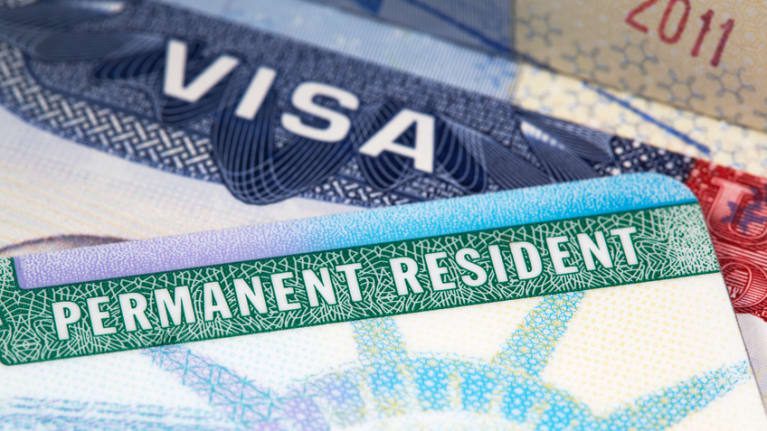
3. **Heads Up, Green Card & Visa Holders: You Could Face Extra Scrutiny**If you’re not a U.S.-born citizen, navigating entry into the country this summer might require a bit more homework and awareness. While U.S.-born citizens can pretty much travel normally and cannot be denied entry into the country (though they can be questioned, like Piker was), other categories of travelers face different levels of risk. According to Michael Wildes, green-card holders, or lawful permanent residents, are the “next safest category.” That sounds reassuring, and it’s true that generally only an immigration judge can actually revoke the card. However, as Gary Chodorow, an immigration attorney who works with green-card holders, points out, there are certainly factors that could increase one’s risk.
Chodorow points to a couple of key concerns for green card holders. First, he notes that any holder who has had a “brush with the law” could find themselves under intense scrutiny, even if the case was dismissed. Another major factor that could cause challenges is spending “a lot of time abroad” – think more than six months for two years in a row. Jennifer Behm highlights this, saying, “If you have a green-card holder who’s primarily abroad and they didn’t file for a reentry permit, which protects their green-card status while they spend extended times abroad, well, yeah, CBP is going to have a lot of questions.” It’s a reminder that holding a green card doesn’t automatically guarantee a smooth return; as Wildes states, just because you have a green card “doesn’t give you the complete right to return to the United States.”
Visa holders, according to the experts, need to exercise even greater caution. This is especially true if they have past misdemeanors or if they have not acted “consistently with the narrative of the visa they secured.” Wildes cites the case of a student who came to the country on a student visa and then posted that they were working at a musical festival, which was not permitted by their visa. “The authorities saw this and revoked his visa,” Wildes recounts. He adds, “If you have people that are doing whatever it is that they do for a living on Instagram and they don’t have a visa allowing it, the government can easily clip their wings.” So, for visa and green card holders, understanding these risks and potentially consulting with an attorney to make a plan is more important than ever this summer, especially if travel is critical and important.
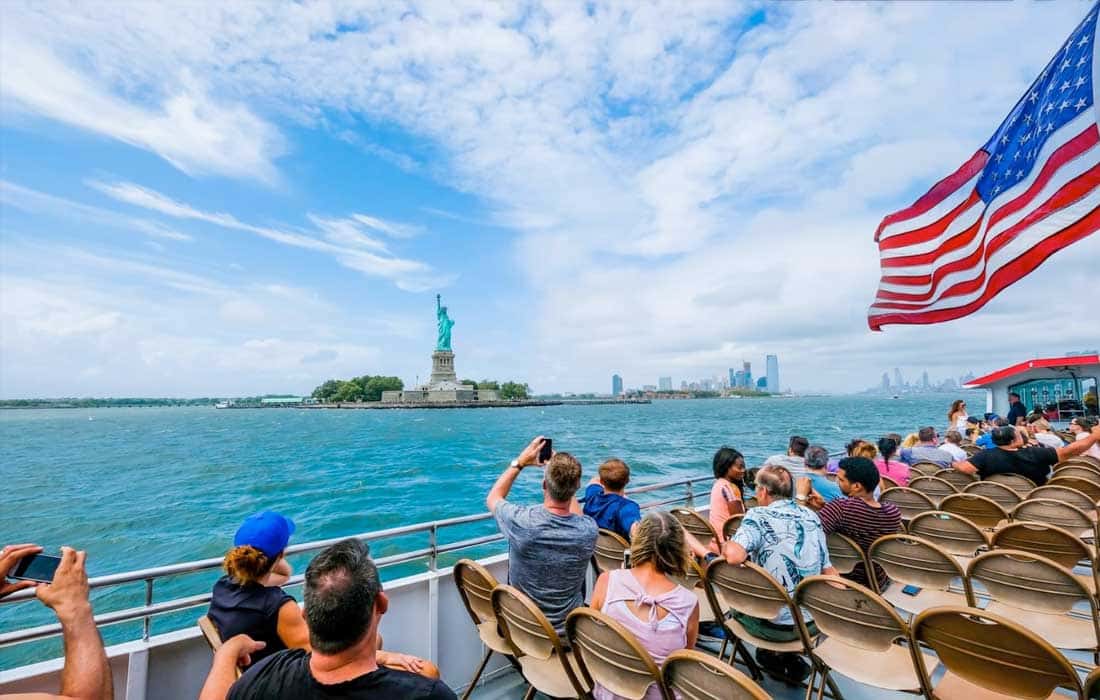
4. **International Tourists Face the Highest Stakes When Entering the U.S.**While concerns about U.S. border entry are rising across the board, international tourists without any formal ties like residency or specific long-term visas are arguably in the most vulnerable position. The context notes that tourism to the United States is actually decreasing and some countries are advising against travel to the U.S. Yet, some tourists may still find their way here this summer, and these individuals with “no relation to the U.S.” are described as the ones who are “probably at the greatest risk for denied entry.”
Michael Wildes emphasizes that “Tourists have to be cautious about travel.” Their ability to enter the country relies heavily on convincing Customs and Border Protection (CBP) officers of their genuine intentions and strong ties back home. He explains they “should have proof that they have strong ties to their home country and have a brief, innocent, and casual intention of coming to America and departing in a timely fashion.” That is, they should only be coming for leisure or business purposes.
Jennifer Behm underscores just how discretionary entry is for tourists, stating, “Their entry is 100 percent discretionary by CBP’s inspection.” This gives CBP officers immense power. As a result, tourists face the possibility that “They can be searched, they can be questioned, they can have their visas revoked on the spot.” This level of uncertainty and the potential for immediate denial or visa revocation makes travel planning for international tourists visiting the U.S. a far more precarious endeavor this summer, especially compared to citizens or green card holders.
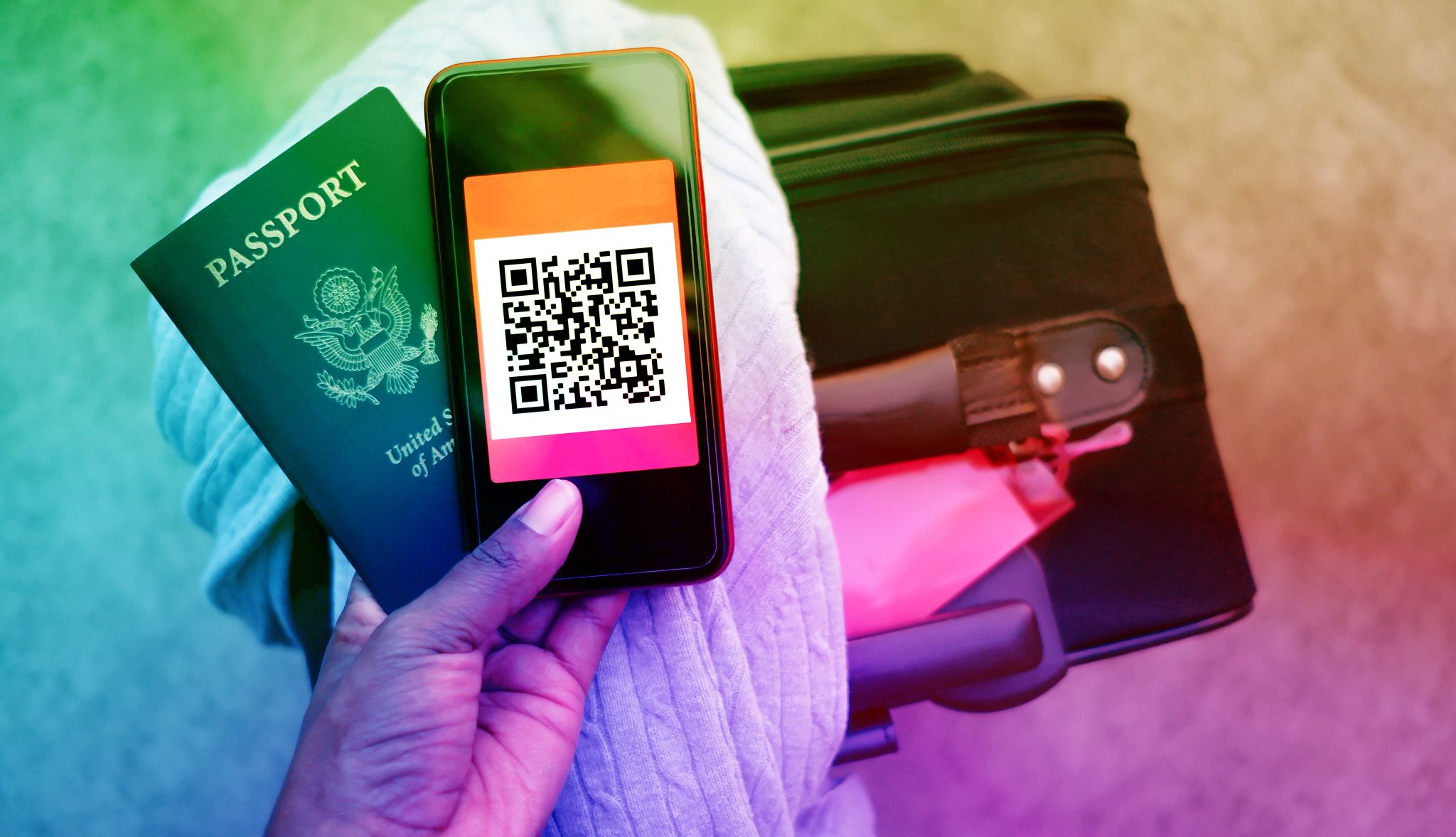
5. **Your Phone and Social Media Aren’t Off-Limits at the U.S. Border**Planning to cross the U.S. border this summer? Here’s something you might not have considered, but probably should: what’s on your phone and your social media? The short answer to whether they can really search your phone at the airport is a resounding “Yes,” though at JFK airport in New York, specifically, they need a warrant thanks to a local court ruling. As Michael Wildes says, “Everything comes out at an airport.”
For U.S. citizens, Wildes offers some reassurance, particularly regarding free speech. He maintains that U.S. citizens have a right to free speech and “would likely not come into trouble for having a text conversation criticizing the administration.” Furthermore, citizens and even green-card holders have the right to refuse a device search. While exercising this right, they can still enter the country, but it’s important to be aware that they “could be questioned further.” It’s a delicate balance between knowing your rights and preparing for potential delays.
However, for visa holders and tourists, the situation is different and requires more caution. Behm notes that CBP officers have “a lot of individual discretion,” and what they find on your devices or online could be problematic for you in the future. She strongly advises these groups to be “cautious with social media.” As for phones, experts suggest visa holders and tourists “might want to take more precautions when traveling with phones,” whether that’s just “erasing data temporarily, traveling with a burner, or sending phones ahead of time.” It’s clear that in this era of heightened scrutiny, your digital life is not necessarily private when you’re going through U.S. border inspection.
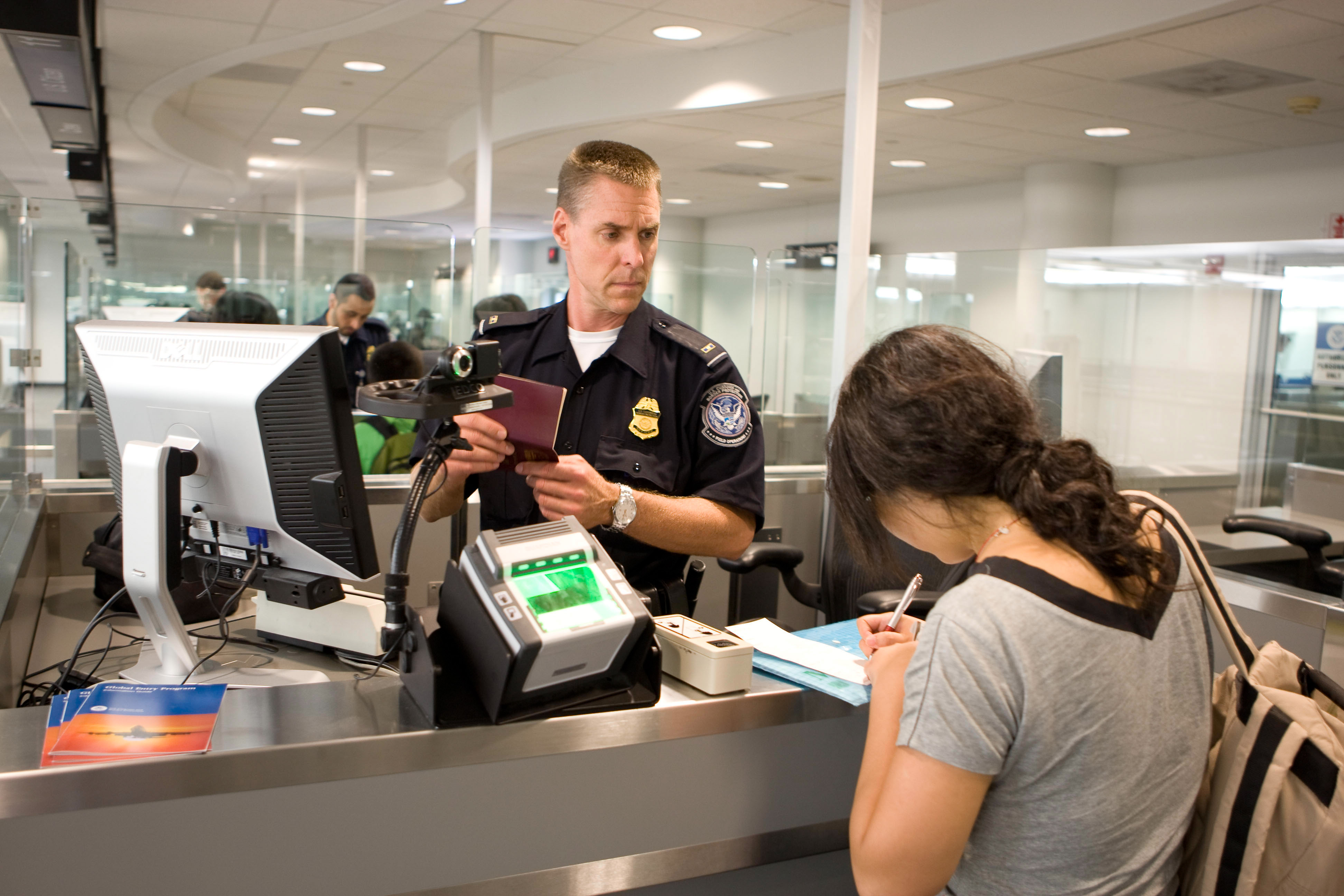
6. **What Really Happens If You Get Pulled Aside for Secondary Inspection at the U.S. Border?**So, you’ve made it through the initial inspection line, but a friendly Customs and Border Protection (CBP) officer has asked you to step aside for what’s called secondary inspection. Don’t panic immediately! It doesn’t automatically mean you’re in trouble, but it does mean they need a closer look. Jennifer Behm, a partner with Berardi Immigration Law, experienced this herself when crossing from the U.S. and Canada, so it can even happen to U.S. citizens.
During this secondary inspection, CBP has some standard lines of questioning they tend to follow. Behm explains they’ll start by asking about your lawful right to enter the country – basically, why you’re here and under what status. The next big topic is usually about criminality or drug use, so be prepared for those questions. They might also dig into where you live, your intended destination in the U.S., and whether you’re here as a tourist. It’s crucial that your answers align with the ‘optics’ of your travel; Behm gives the relatable example: if you claim you’re on a casual vacation but they spot a wedding dress in your luggage, that might raise some eyebrows about your *real* plans.
For anyone in a higher-risk category (like green card or visa holders with past issues, or those spending lots of time abroad) or simply feeling nervous about a potential interaction, Behm recommends a preparation call with an immigration lawyer beforehand. They can help you understand the process and know how to conduct yourself. It’s a small percentage of travelers who face this, thankfully, but knowing what to expect can definitely ease some of the stress if you do find yourself in secondary.

